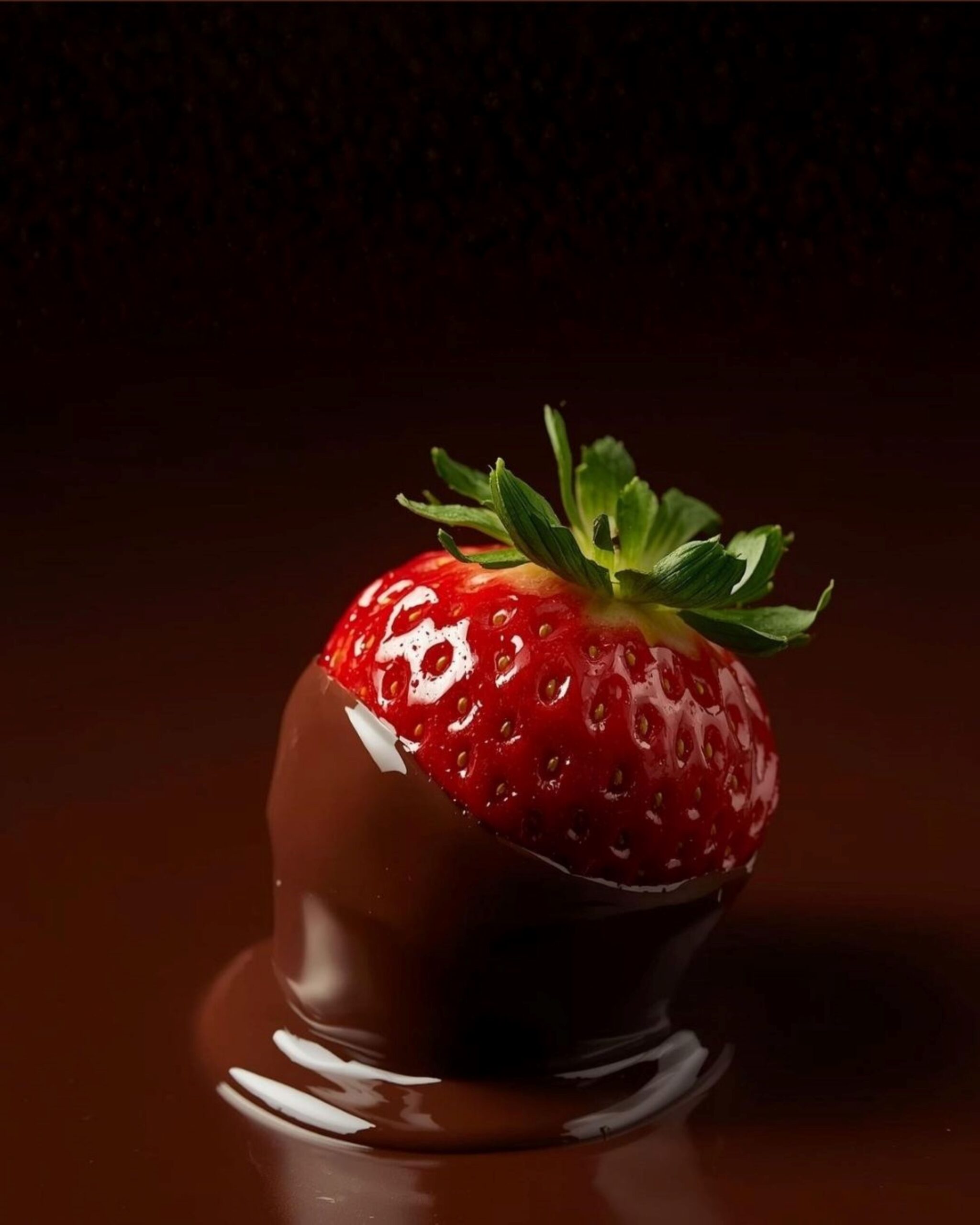“When you say ‘Black is beautiful’ you are saying, ‘Man you are okay as you are, begin to look upon yourself as a human being'”-Steven Biko
Growing up as a girl with dark skin in India is not easy. Every time you attend a public function, some aunty comes to you to tell you “how tanned you have become!” or if you have a fairer sibling, parent or spouse, you are constantly compared to them on the basis of your skin color. Unless you are exceptional in terms of your physical attributes or your achievements, it is very hard for a dark-skinned person to be called “beautiful”. Indian mothers pray, make offerings and drink saffron infused milk to give birth to fair babies. In addition to the high frequency of dowry murders, sexual abuse, rape, there are some implicit tortures that girls go through. Facing humiliation, insults, and criticism on the basis of physical appearance is not something new. This especially has been affecting girls for centuries, girls are born to get married and if a girl is not physically attractive (on the basis of socially prescribed beauty scale) no one will marry her. Stigmatizing on the basis of skin color is one such tradition in India.
Fair skin and advertisements
How many dark-skinned girls have you seen in advertisements except in that of fairness cream ad (where the girl turns into a fair-skinned by the end of the ad!)? In almost all the advertisements, ranging from soap to TV, the main character is a fair girl. Although in some advertisements there are dark girls who are seen doing some side roles. Let us come to fairness cream ads now. I don’t understand why is it necessary to turn into a fair skinned person? In fact, when we are asking people to use fairness cream we are unknowingly looking down upon the people who are dark skinned. Dark skinned girls are the butt of all jokes in regional comedy shows. Although it’s a positive sign that nowadays some models and film-stars like Kangna Ranaut, Randeep Hooda, and Ranbir Kapoor are standing against this fairness craze by saying ‘No’ to the promotion of fairness products. It is a consistent theme in most of these advertisements where a dark-skinned girl is initially ignored by the man of her choice but when she switches to the fairness product, that man comes back to her. It not only shows fairness as a desirable quality but also the shallowness of a relationship which is based on skin color rather than real human attributes (which is often not the reality). Sometimes, due to the repetitive campaign in support of fairness promotion people actually associate beauty with fairness.
Fairness and films:
Look at the actresses of Bollywood. They are mostly fair skinned (If not all). Dusky skinned or wheatish skinned actresses are ridiculed and often they are offered negative roles. Also, due to the constant pressure to “look good”, they resort to fairness treatments like melanin therapy to improve change their skin color. It’s more like a mentality where the color black is associated with evil whereas fair, white things are associated with virtue, goodness, and beauty. Take the long list of Bollywood songs like “dhoop me nikla na karo roop ki rani, gora rang kala na padh jaye”, “gore rang pe na itna ghuman kar” “chitiya kalaiya ve” in all these songs fair skin is praised and is portrayed as a really valued and desired trait. Black is only desired when it is the color of hair or eyes. The hypocrisy becomes most apparent when we worship dark-skinned Hindu God Krishna, or Goddess Kali matha, but prefer a fair skinned girl as the bride for our sons and give our daughters many home-made tips to get fairer skin. Even in a Bollywood song, the lyrics says “Yashomati maiya se bole nanda lala, Radha kyu gori mai kyu kaala?”, which shows even Lord Krishna is not happy with his dark skin and hence desires a fair skin like Radha. Unknowingly and unintentionally we hurt all of them who are beautiful in their own ways or who may have a healthy skin on the basis of our deeply rooted stereotypical notion. There is a song “Hum kale hai to kya hua dilwale hai”, which means although I am dark-skinned I have a fair heart. In all these songs, darkness is reflected as something disliked and unexpected by the society.
Stigma and dark skin
Growing up with dark skin is a bad experience. Starting from school one is continuously ridiculed for skin color by peers and sometimes even by teachers! One must remember that like all other stereotypes, stereotypes based on color of skin are mostly implicit. For example, even when one dusky skinned kid is not explicitly told that her skin color is undesired, behaviors/attitude of the people make it very apparent(maybe she has less number of friends). Maybe she finds herself not appreciated as ‘cute’ or ‘you look like a doll’ by her teachers when her fair mates are regularly complimented. Sometimes teachers have bias in the attribution of guilt as well. For example, one of my friends once told me that he was punished more in school as the teachers found him ‘unattractive’ and therefore more likely to be the culprit. Sometimes, statements from parents or relatives like ‘You are dark, this color does not suit you’ may make a little girl realize that she is born with something completely undesired if not unacceptable, and she cannot get rid of it. Every doll she plays with are pink skinned, every fairy tales’ princesses are fair. Think “Chubby cheeks, dimpled chin poem”! And by the time she reaches adolescence, which is the most important stage in identity development, she loses all the confidence. She ends up not liking herself. This lack of confidence reflects in her attitude, behavior, and performance, all through life. Bias on the basis of skin color may also affect job interviews. Therefore in India, skin color is one deciding factor of how happy and successful one is in relationships, marriage, and even career.
I don’t know where and when it started. But honestly, I can’t see an end. Because, even people with dark skin do not believe in their beauty and therefore, they also search for a fair skinned girl while looking for a bride for their family. This vicious cycle therefore continues. I have seen very few people who are happy and proud of their dusky skin tone, maybe because they have learned things the hard way. But, one should use one’s own logic. Acceptance from society is less important than acceptance from one’s self. You look most glamorous when you feel beautiful. Skin color does not really matter until and unless your skin is healthy. For example, Kangna Ranaut in an interview once said “First, it’s important to understand that good skin or beautiful skin, whether bright or dull, has nothing to do with its color. It’s about having a healthy, clear skin with a natural glow, which can be achieved in any skin color across the world. I have grown up in a family with a varied range of skin colors and each one of them has glowing skin, so I don’t identify with the ‘fair equals beautiful’ concept at all”.
Image Credits: Pablo Miranzo Via Flickr.com (No changes have been made to the original image)
Image License: https://creativecommons.org/licenses/by/2.0/
Creative License Legal Code: https://creativecommons.org/licenses/by/2.0/legalcode
Disclaimer: The image used in the article is merely representational and is not associated with the matter discussed.
Read More: The Fairness of being Unfair



















